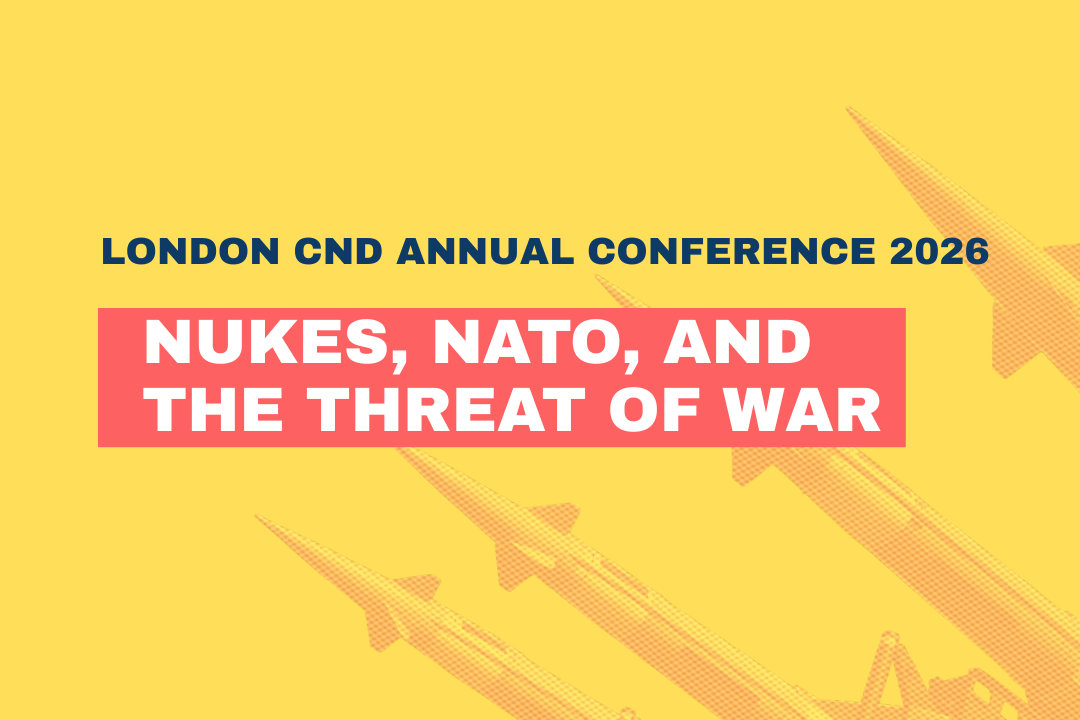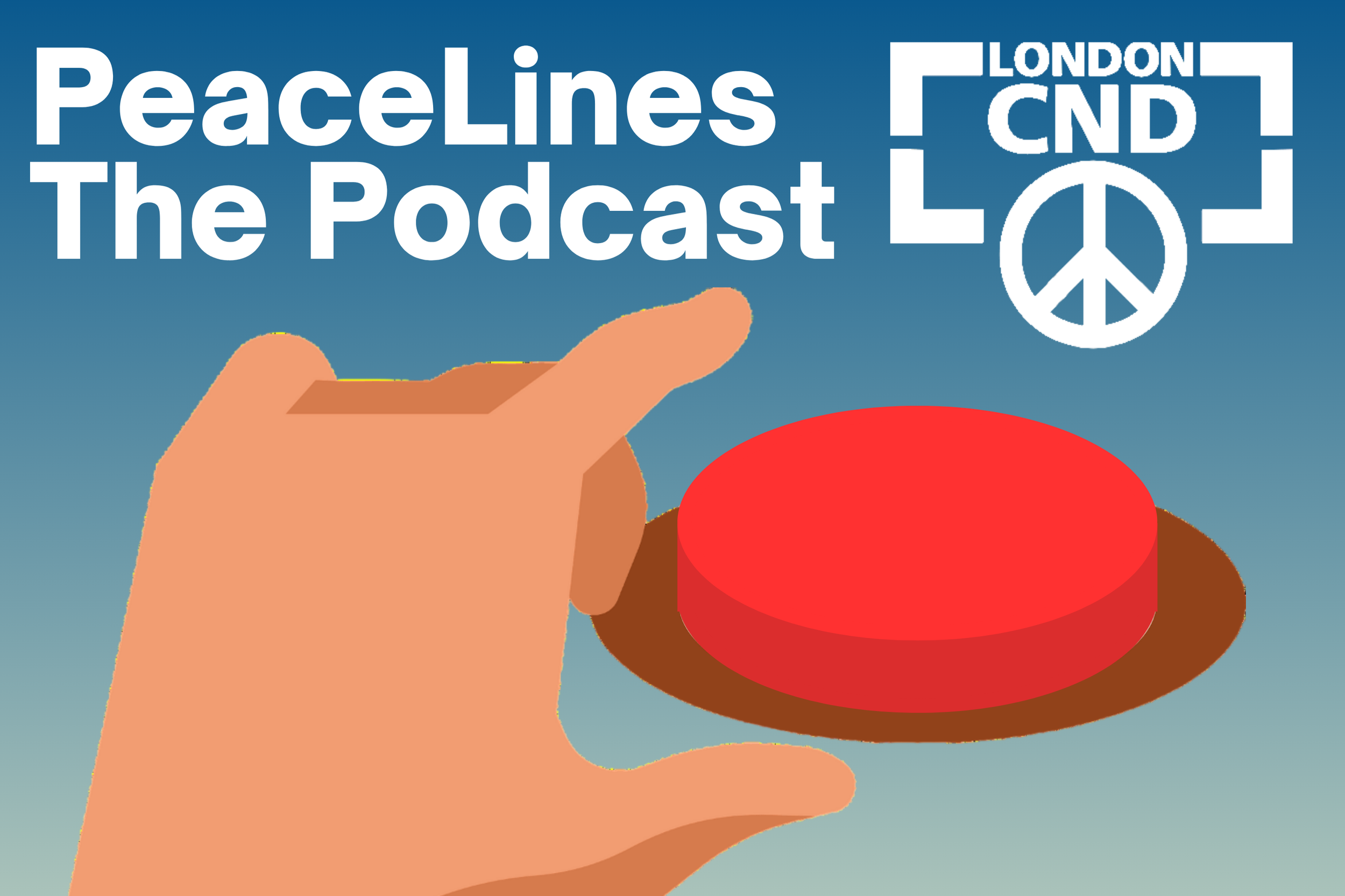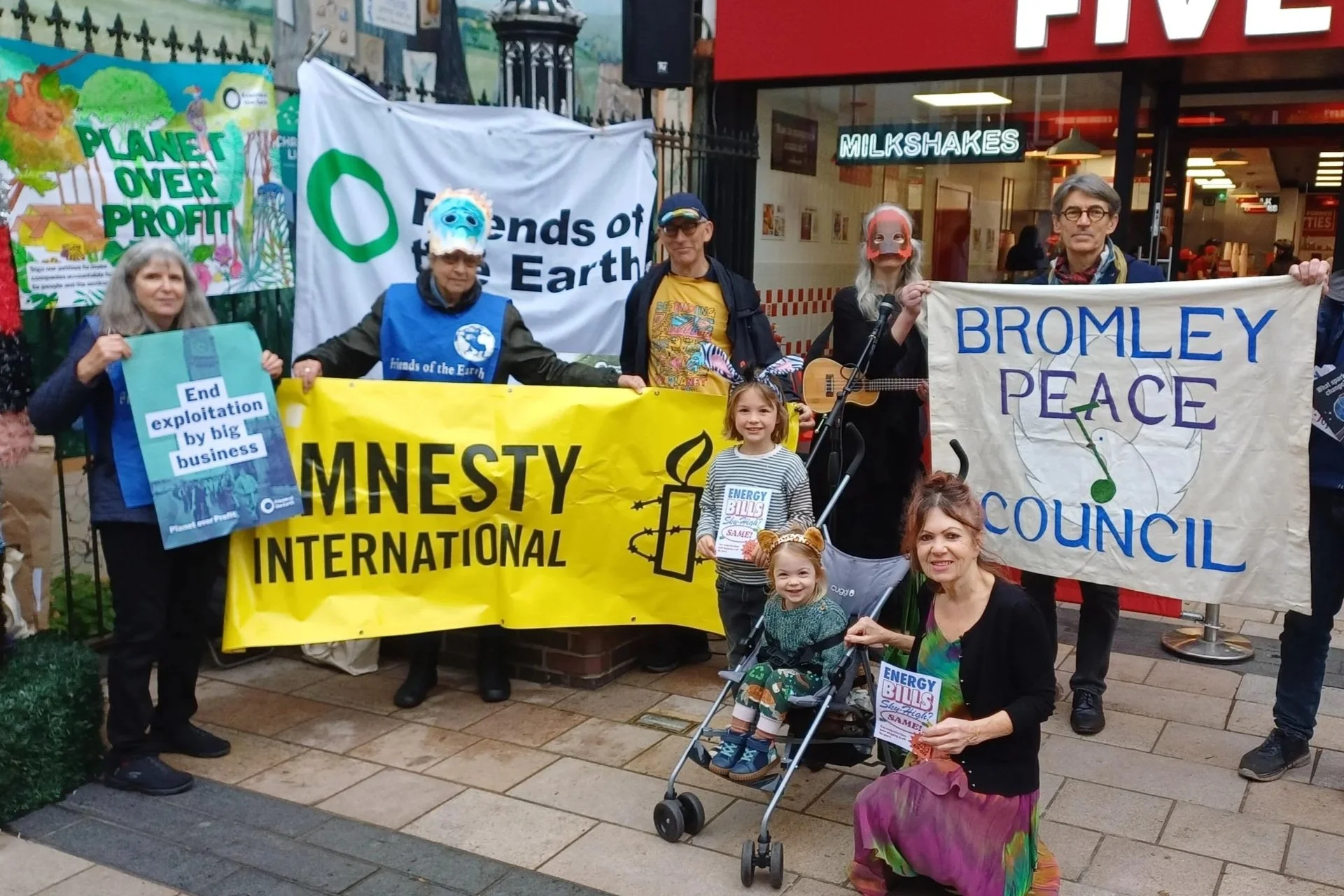“Originally published by Labour Outlook; republished with permission: NATO, War & Nukes – What Should We Expect from Trump?”
Months of speculation about changes to US foreign policy will be brought to an end when Trump is inaugurated as US President on 20 January. In the first of a two-part series about US foreign policy, Carol Turner reflects on what we should, and should not, expect from President Trump’s second term.
A joint meeting of the US Congress on Monday certified the results of the presidential election results, formally declaring Donald Trump the winner and reminding us that his inauguration is only a fortnight away. Months of speculation about likely changes to the US foreign policy will be clarified as Trump rolls out his policies in the weeks and months that follow.
What will a Make America Great Again White House mean for Nato and nuclear strategy?
To what extent are relations with what China, Russia, Iran, and North Korea likely to change?
Will Israel be free to continue its slaughter in the Occupied Territories?
Will Trump encourage Netanyahu to pursue his military rampage across the Middle East?
Can the Trump really end the war in Ukraine?
The veil will be lifted on some of these and other strategic issues once Trump is in the Oval Office. Meanwhile, he has already begun announcing his views on a range of foreign policy issues – from the Panama Canal to Greenland. The most recent, and perhaps most concerning of these is his call for a military spending hike by Nato member states to 5% of national GDP. More than anything else, this strongly suggests a continuation of the drive to war.
Media speculation about who’s in, who’s out, and who’s a contender for influence in Trump’s administration began even before the election result was announced last October, and what individual appointments would likely mean for White House policy. By the end of December, as Trump revealed the names of his nominees for the top jobs, media speculation reached a near-frenzy.
The transfer of power from one president to another is an extensive, three-month process in the United States. Many of the government posts occupied by civil servants in Britain are political appointments in the US. US presidents make around 4,000 of these, and more than a quarter require Senate approval.
Confirming Trump’s picks for office is made easier by Republican control of the House and Senate as well as the White House. But Senate approval is more than a shoo-in. There’s been one hi-viz withdrawal already. Matt Gaetz stood down as Attorney General nominee when it was made clear he lacked sufficient support.
As preparations for the hearings began, Senate Majority Leader John Thune pointed out it was still unclear if all Trump’s appointments would be accepted. Many of the challenges are to military and intelligence appointments. The Defence Secretary is one of the most important, but nominee Pete Hegseth might not make it. The confirmation of Kash Patel as FBI Director and Tulsi Gabbard as Director of National Intelligence is also said to be uncertain.
Trump’s choice for his top team, is no guarantee of what the foreign policy agenda of the White House will be, What we do know for certain are the actions Trump took in his first presidential term. I will be outling some of them in a follow-up Labour Outlook article. Regardless of shifts in particular policies, Trump’s actions in 2017-21 show little room to think he’ll break the US trajectory to war.
London Region Campaign for Nuclear Disarmament is doing our bit to magnify CND’s message. The world is moving closer to nuclear war! Take action before it’s too late! Our 2025 annual conference, ‘Trump in the White House – Nato, war, nukes…. what should we expect?’, takes place online this Sunday. We will be looking at the likely impact of the second Trump presidency with a programme that includes:
Jeremy Corbyn, reflecting on prospects for peace and justice,
Sophie Bolt, laying out the real situation with nuclear weapons in Britain, and
Vijay Prashad considering the impact of Trump’s presidency
We’ve also got:
Jess Barnard on Israel’s war on Palestine
Carol Turner on Nato and Ukraine and
Keith Bennett on Asia-Pacific developments
Peter Burt and Dave Webb, explaining how the Ukraine and Middle East are a testing ground for new tech weapons and a showcase for the arms industry
Jenny Jones, Tony Staunton, and Angie Zelter discussing peace movement priorities
The fightback is now. Our job is to lift the veil on the real meaning of Trump’s presidency.





